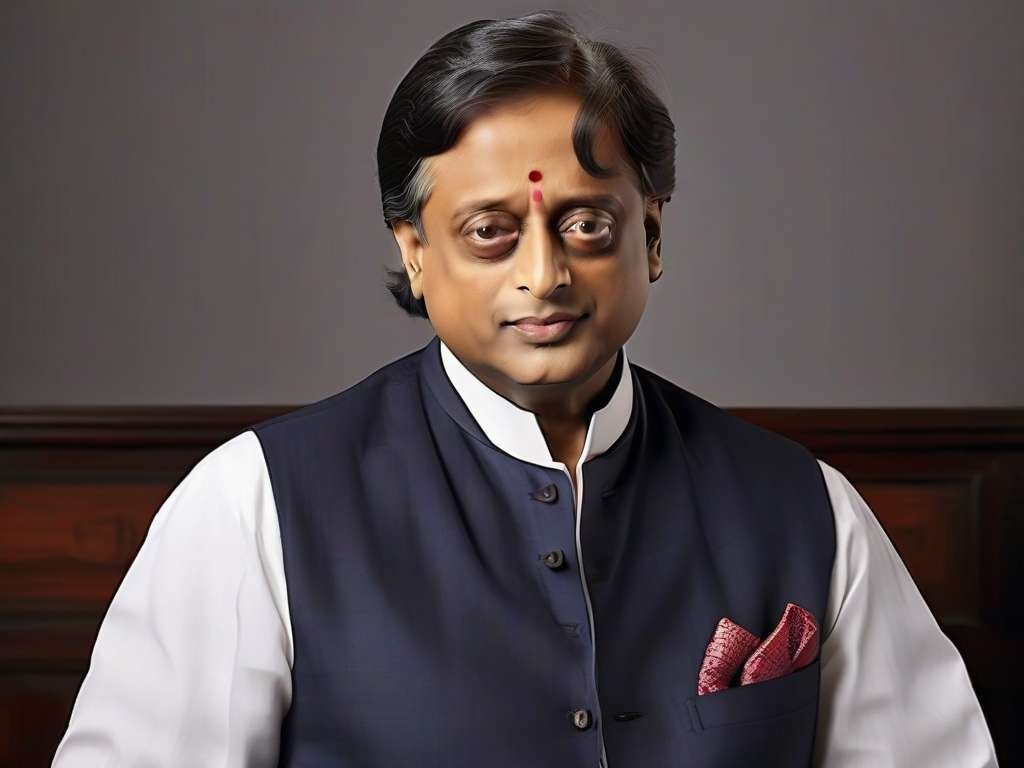Summary: Shashi Tharoor, a noted Congress MP, recently made headlines by joining the discussion on national slogans initiated by Kerala’s Chief Minister, Pinarayi Vijayan. Tharoor pointed out the multi-layered and diverse nature of Indian history, emphasizing that the nation has a longstanding tradition of transcending religious distinctions. He highlighted the origins of the slogans ‘Bharat Mata Ki Jai’ and ‘Jai Hind,’ tracing them back to figures across faiths, thus showcasing India’s rich tapestry of communal harmony. Through this dialogue, Tharoor aims to foster a broader understanding of Indian heritage beyond simplistic communal narratives.
The True Essence of ‘Bharat Mata Ki Jai’ and ‘Jai Hind’
India’s past tells a story of unity in diversity, a concept that seems to get lost in today’s times. Shashi Tharoor, a prominent figure from the Indian National Congress, recently shed light on this matter. He remarked on the origins of two significant slogans that resonate with Indian patriotism, which were actually coined by Muslims, thereby highlighting the inclusive nature of India’s struggle for independence.
Unity Beyond Differences
According to Tharoor, the slogan ‘Jai Hind’ was a contribution from a Muslim aide of Netaji Subhas Chandra Bose, a fact that exemplifies the composite culture of India’s freedom movement. Likewise, the rallying cry ‘Bharat Mata Ki Jai’ traces its roots back to a Muslim advisor of a Hindu peshwa. This, Tharoor pointed out, is a testament to an era when “religious distinctions did not matter so much.”
Shashi Tharoor’s Take on Indian History
Tharoor urges the people of India, especially the youth, to appreciate the complexities of their history. He mentions battles and alliances from the past where religion was not the bone of contention, but rather, a shared vision for the future was. His narrative is one of cohesion, urging today’s generation to look beyond the divisive politics that seek to undermine the shared bonds among India’s diverse communities.
An Appeal for Inclusivity
In discussing the Citizenship Amendment Act (CAA), Tharoor highlighted the education and awareness among Muslims, countering assumptions about their political naivety. This stance, coupled with the historical references to the slogans, underlines his appeal for a more inclusive view of India’s past, present, and future.
Insights from Chief Minister Pinarayi Vijayan
Adding to the conversation, Kerala’s Chief Minister, Pinarayi Vijayan, pointed out that both ‘Bharat Mata Ki Jai’ and ‘Jai Hind’ were contributions from Muslim individuals, challenging narrow views of patriotism. Vijayan’s perspective resonates with Tharoor’s, emphasizing the importance of recognizing and cherishing the pluralistic foundation of India.
(Note: This article is based on statements from the individuals involved and aims to present a comprehensive understanding of their views on India’s historical inclusivity.)



